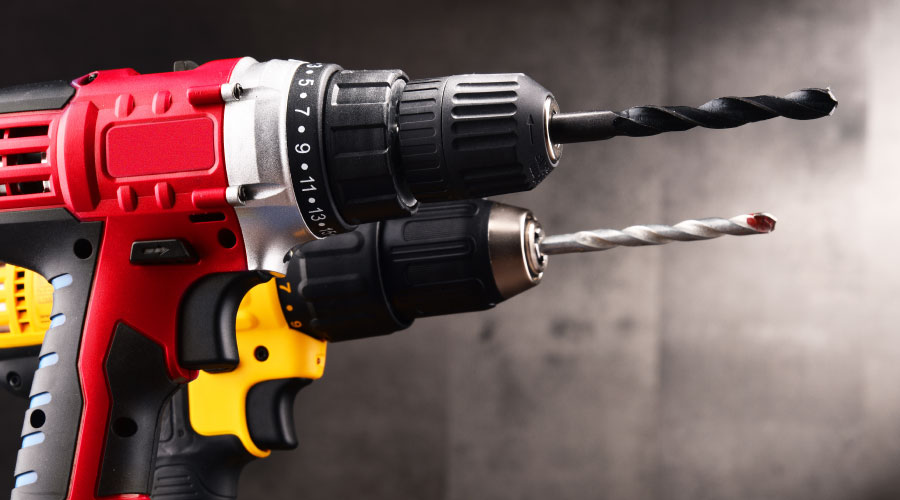Motor Comparison: Standard vs. Energy Efficient
Motor efficiency remains one of the highest priorities for maintenance and engineering managers. But discussions of efficiency inevitably include tough financial decisions. In other words, how much money is a manager willing — and able — to invest in improved motor maintenance and high-efficiency motors to realize potentially greater savings down the road?
Because the stakes and the benefits potentially are so high, managers can benefit from taking a closer look at the components of motor efficiency, incorporating maintenance strategies to improve motor performance, and understanding the benefits of new motor technology.
Efficiency Benefits
Considerable variation exists between the performance of standard and energy-efficient motors. Improved design, materials, and manufacturing techniques enable energy-efficient motors to accomplish more work per unit of electricity consumed.
Energy-efficient motors offer additional benefits. Because they are constructed with improved manufacturing techniques and superior materials, they usually have higher service factors, longer insulation and bearing lives, lower waste-heat output, and less vibration — all of which increase reliability. Most motor manufacturers also offer longer warranties for their most efficient models.
To be considered energy efficient, a motor’s performance must equal or exceed the nominal full-load efficiency values provided by the National Electrical Manufacturers Association (NEMA) in publication MG 1. Specific full-load nominal efficiency values are provided for each horsepower (hp), enclosure type, and speed combination.
Related Topics:















